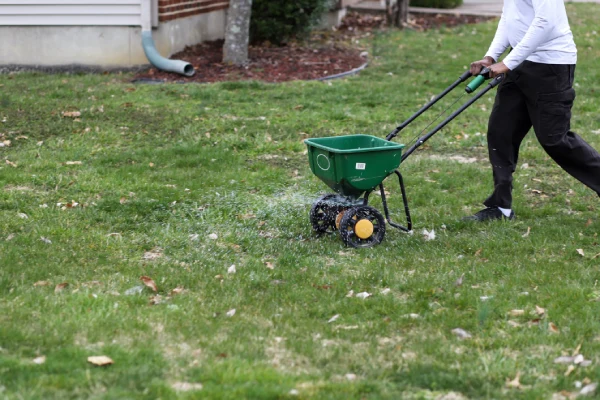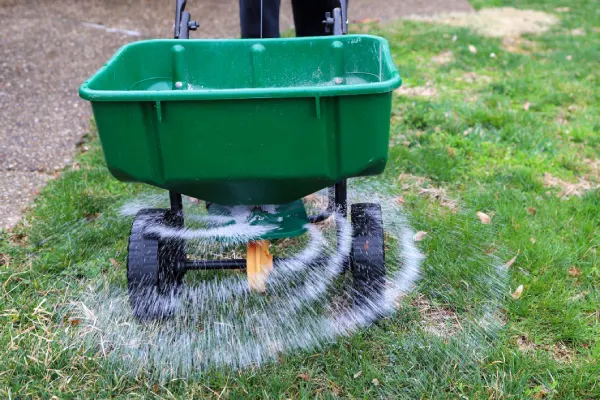Understanding How Often Should You Fertilize Your Lawn
Boosting Your Lawn’s Health: Fertilizing For Protection
Fertilizing your lawn is crucial for maintaining its lushness and health. Determined by factors like grass type, season, and soil health, knowing how often should you fertilize your lawn can have significant impacts on its ability to fight off weeds and diseases. The right frequency not only enhances its appearance but also strengthens it against environmental stressors.

Know Your Grass
Different grass types have specific nutrient needs that vary through the seasons. For cool-season grasses like bluegrass and fescue, applying fertilizer in the early spring helps rejuvenate the grass after winter dormancy and once more in the fall to prepare it for the cold months ahead. In contrast, warm-season grasses benefit most from fertilizer in late spring when they start actively growing.
The Role of Soil Testing
Before you begin with lawn fertilization, a crucial step is soil testing. This process reveals essential information about soil pH levels and nutrient deficiencies. Balanced soil nutrients are pivotal for healthy lawn growth, as imbalances can make your efforts less effective or even harmful. Depending on the test results, you might adjust your fertilization regimen to better suit your lawn’s unique needs. Lawn protection isn’t just about applying products; it’s about making informed decisions based on soil conditions. Therefore, consider conducting a soil test every two to three years to stay updated on your lawn’s requirements.

Fertilizer Types and Techniques
The type of fertilizer you choose also influences how often you should fertilize your lawn. Slow-release fertilizers, for instance, provide nutrients over a longer period, which means fewer applications throughout the year. On the other hand, fast-acting liquid fertilizers might necessitate more frequent use but ensure quick recovery and growth spurts during peak growing phases. Fertilizer spreader techniques are another aspect worth considering. Proper technique ensures even distribution, preventing burns caused by excess product in certain areas. A well-executed fertilization strategy not only feeds your lawn but also protects it from pest invasions and diseases by boosting its overall resilience.
Mastering How Often Should You Fertilize Your Lawn
Regular maintenance including proper fertilization plays a vital role in protecting your lawn’s health and vigor. If uncertainty persists or you need tailored advice about how often should you fertilize your lawn, Nature's Bliss Landscaping is here to help! Contact us at (805) 227-9391 for expert lawn care assistance tailored to your unique garden needs right here in Santa Maria, CA.